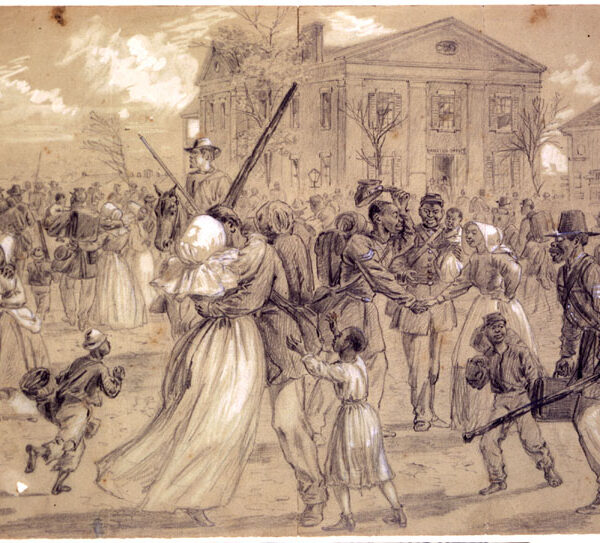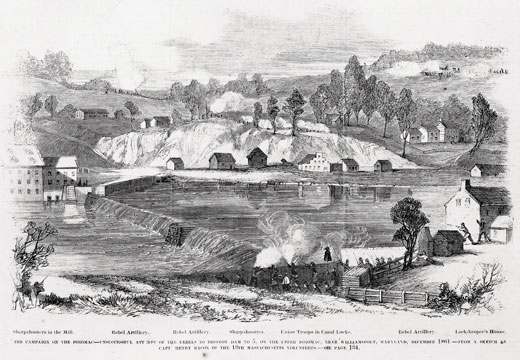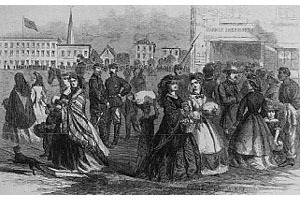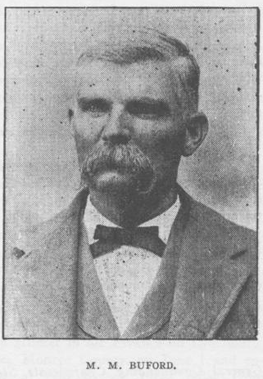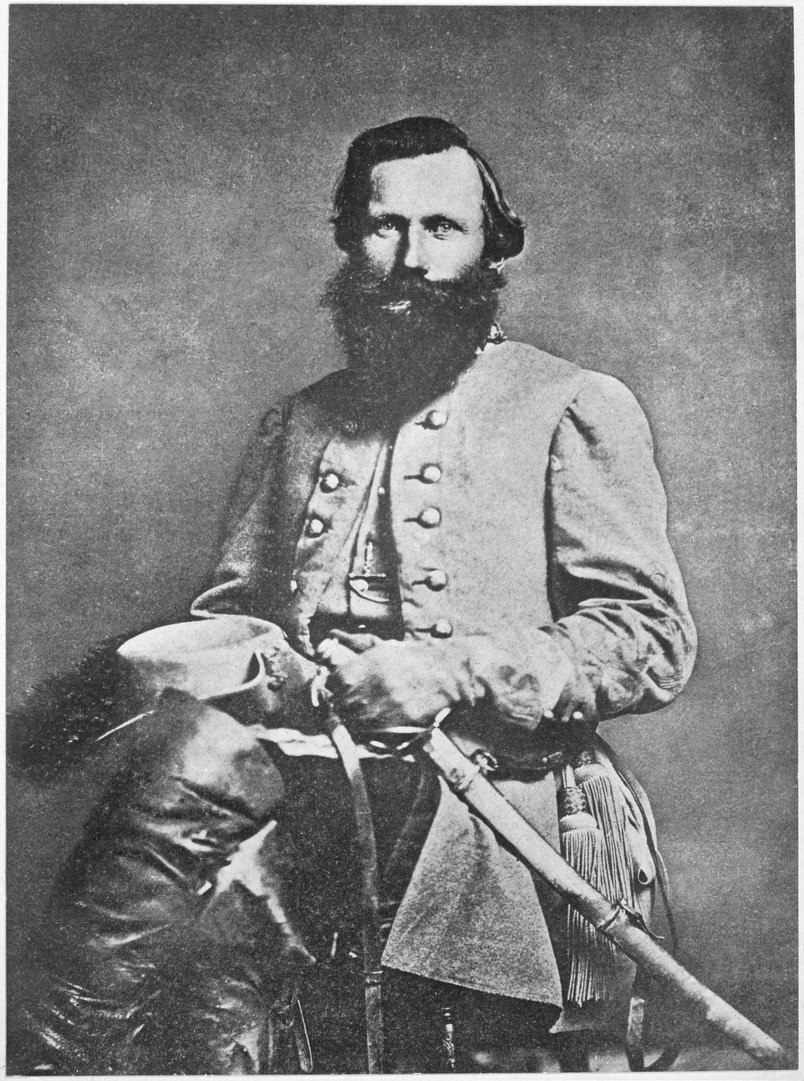
Major General J.E.B. Stuart
We recently asked a panel of Civil War historians a series of questions about Major General James Ewell Brown “J.E.B.” Stuart—a way of assessing the flamboyant cavalier’s record and legacy today. And while the results were published in our Summer 2019 issue (“Dossier: J.E.B. Stuart,” Vol. 9, No. 2), space prevented us from providing all of our panelists’ answers in full detail. Below are some of their comments that were left on the cutting-room floor.
What do you most admire (a quality or skill, personal or professional) about Stuart?
“When south of the Potomac River, he was darn good at his job—a bold, honorable, and personally charismatic yet professionally capable leader of cavalry.” —Ethan Rafuse
“Unexcelled reconnaissance officer.” —Stephen W. Sears
“I most admire Stuart’s performance during the retreat from Gettysburg. When the rest of the Army of Northern Virginia appeared shaken by the defeat, Stuart possessed poise. His performance—and that of his cavalrymen—ultimately saved the army’s bacon. It’s amazing to think that Stuart could perform so well, especially considering his disappointing showing during the opening of the campaign. Stuart demonstrated a rare quality here. He brushed aside his recent mistakes and moved forward with determination, focusing on his solemn obligation to protect the retreat of his army.” —Timothy J. Orr
“His ability to attract and instruct able officers, both of the staff and line, in the cavalry division and then corps in the Army of Northern Virginia.” —Gary W. Gallagher
“I believe that Stuart was so gifted professionally that he could have commanded either a cavalry or infantry corps very capably.” —Jeffry Wert
“Forget about the red-lined cape and the banjo player, Stuart was one tough soldier who fought tenaciously to the last.” —Ken Noe
“Among many of Stuart’s fine qualities, I am most impressed with how he related to Thomas J. Jackson, earning that demanding officer’s respect and affection.” —A. Wilson Greene
“His understanding of the importance of ‘esprit de corps,’ especially in regards to his young horsemen who would need a combination of boldness and intelligence to be effective members of his command.” —Patrick Brennan
“A moment that best personalizes Stuart came after being wounded at Yellow Tavern, while lying in bed, drifting in and out of consciousness and speaking of duty and religion, in the general’s final hours, Stuart asked to see his wife, Flora.” —Jennifer M. Murray
“Stuart’s great gift was his ability to gain for Robert E. Lee the necessary information from which the latter could make accurate intelligence assessments in the conduct of operations (which had become, by the mid-19th century, the primary role of the cavalry arm).” —Christopher Stowe
“Boldness, even in the absence of direct supervision by a more senior officer—a valuable trait in a cavalry commander.” —Wayne Hsieh
“Panache; Stuart cut a colorful figure, both for his contemporaries and for posterity. Stuart’s persona as a cavalier certainly motivated his troops and contributed to his cause.” —Peter C. Leubke
“Stuart understood his role as a cavalry commander and sought to maximize his value to the army. His ride around McClellan’s army during the Peninsula campaign in 1862 shows the value of ambition.” —Aaron Sheehan-Dean
“Gen. J.E.B. Stuart’s Raid Around McClellan, June 1862” by H.A. Ogden; Library of Congress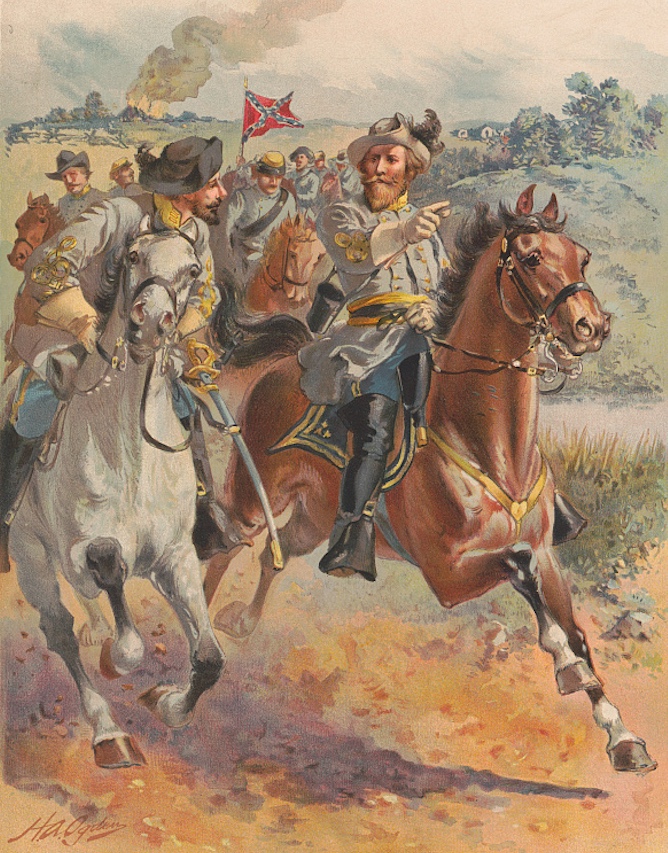
“Probably his intelligence, but also his readiness, resoluteness, and flexibility. He could command decisively in the saddle or on the ground.” —Glenn W. LaFantasie
“Trustworthy. He knew how to engage and cultivate people for information—and to process and synthesize information for his superiors. Lee summed up his career brilliantly when he said, ‘He never brought me a piece of false information.’ It doesn’t get any better than that for an intelligence officer!” —Frank O’Reilly
“Stuart had no equal in gaining intelligence information from the enemy while screening his own army’s movements.” —Peter S. Carmichael
“Stuart was the consummate professional with an extraordinary gift for performing the traditional roles of cavalry: scouting, screening, and reconnaissance.” —Eric J. Wittenberg
“Stuart had an excellent eye for terrain. He recognized and occupied the key piece of terrain at Antietam, and he also recognized the critical nature of Hazel Grove at Chancellorsville.” —Joseph T. Glatthaar
“Stuart knew how to enjoy doing his work while usually being good at it.” —Brooks D. Simpson
“He brought energy to the Army of Northern Virginia. Every organization needs an element that generates energy.” —John J. Hennessy
“Stuart was a utility player who could (and often did) rise to the occasion. Nowhere did he demonstrate this with more aplomb than at Chancellorsville, assuming the leadership of Jackson’s corps for the battle’s third day.” —Brian Matthew Jordan
What was Stuart’s biggest (personal or professional) flaw?
“He chose the wrong side in 1861.” —Ethan Rafuse
“His need for recognition and praise.” —Stephen W. Sears
“Like so many generals—Union and Confederate alike—Stuart often underestimated the capabilities of his foe. Sometimes, he couldn’t wrap his head around the idea that federal cavalry might outride his own forces. That seemed to be one of the contributing reasons Stuart’s cavalry division was surprised by the Union assault at Brandy Station. Although Stuart eventually pulled it together and eked out a marginal victory, his complacency had indirectly caused the near disaster.” —Timothy J. Orr
“The obvious—an almost adolescent hunger for praise and affirmation that led him, most obviously in the wake of Brandy Station but also at other times, to pursue problematical courses of action.” —Gary W. Gallagher
“His burning ambition caused him to seek a reputation and fame at the expense of better judgment, notably during the Gettysburg Campaign.” —Jeffry Wert
“It’s conventional wisdom, but his ego—his need to not just score but make SportsCenter with the amazing dunk—caused him trouble more than once.” —Ken Noe
“Stuart took counsel of his pride and ego after the embarrassing near-disaster at Brandy Station, leading to an overreach that will always be the biggest blot on his military record.” —A. Wilson Greene
The Stuart painting at Richmond’s Courthouse Annex; Library of Congress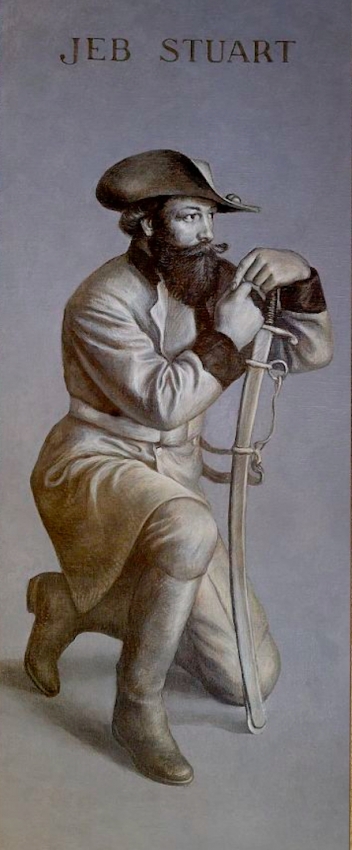
“His self-assuredness led him to underestimate his opponents on occasion.” —Patrick Brennan
“Stuart proved victim to his own success and to his created image of the ‘Knight of the Golden Spurs,’ blinding him to an ability to achieve immediate objectives like detecting enemy movements at Brandy Station or during the Confederate invasion of Pennsylvania in June 1863.” —Jennifer M. Murray
“Stuart at times lost focus upon executing his long-term (operational) mission, instead becoming distracted by short-term (tactical) gains.”
—Christopher Stowe
“Stuart’s desire for glory could outstrip his larger responsibilities as a cavalry commander, which led to his well-known missteps during the Gettysburg Campaign.” —Wayne Hsieh
“Rashness; Stuart often failed to consider the larger picture. A prime example remains Stuart’s desire to redeem himself after Brandy Station which contributed to a less than stellar performance in the Gettysburg Campaign, but there are others, such as Evelington Heights after the Seven Days’ Campaign.” —Peter C. Leubke
“His flamboyance, which satisfied an outsized ego. The latter proved a real drawback during the war.” —Aaron Sheehan-Dean
“His flamboyance and his hubris held him back as a general. Sometimes he could not focus on the true objective, as in the case of the Gettysburg Campaign, when he seemed not to be able to see the forest for the trees.” —Glenn W. LaFantasie
“Pride. It’s one of the seven deadly sins, and for an intelligence officer it can be the deadly sin. Part of the process for developing what is right is admitting when you are wrong. Playing himself on stage in Richmond was foppish pride. Persisting in a ruinous raid during the Gettysburg Campaign to redeem his tarnished reputation was unforgivable pride—and put the whole operation in jeopardy.” —Frank O’Reilly
“His ego was irrepressible.” —Peter S. Carmichael
“Stuart’s ego was probably his biggest professional flaw, as his ego sometimes got the better of him.” —Eric J. Wittenberg
“He created a myth about himself and could not live up to it, i.e., Gettysburg Campaign.” —Joseph T. Glatthaar
“His overconfidence led to carelessness, especially when he lost touch with the larger mission.” —Brooks D. Simpson
“A penchant for flourishes over pure effectiveness. The genius of being an effective cavalry commander entailed a daily grind that is unsexy and easy to overlook. Stuart got distracted by the opportunity for highly visible flourishes.” —John J. Hennessy
“Lee once eulogized Stuart for his ‘indefatigable energy.’ While this doubtless contributed to successes he enjoyed, especially in the early years of the war, it also sapped no small part of his strength by the time he galloped toward Yellow Tavern.” —Brian Matthew Jordan
Participants: Patrick Brennan, Peter S. Carmichael, Gary W. Gallagher, Joseph T. Glatthaar, A. Wilson Greene, John J. Hennessy, Wayne Hsieh, Brian Matthew Jordan, Glenn W. LaFantasie, Peter C. Luebke, Jennifer M. Murray, Kenneth W. Noe, Frank O’Reilly, Timothy J. Orr, Ethan S. Rafuse, Stephen W. Sears, Aaron Sheehan-Dean, Brooks D. Simpson, Christopher S. Stowe, Jeffry Wert, and Eric J. Wittenberg.

